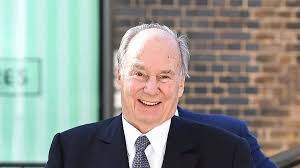With judges of different faiths, SC to commence hearing on triple talaq today
Thu 11 May 2017, 09:27:15
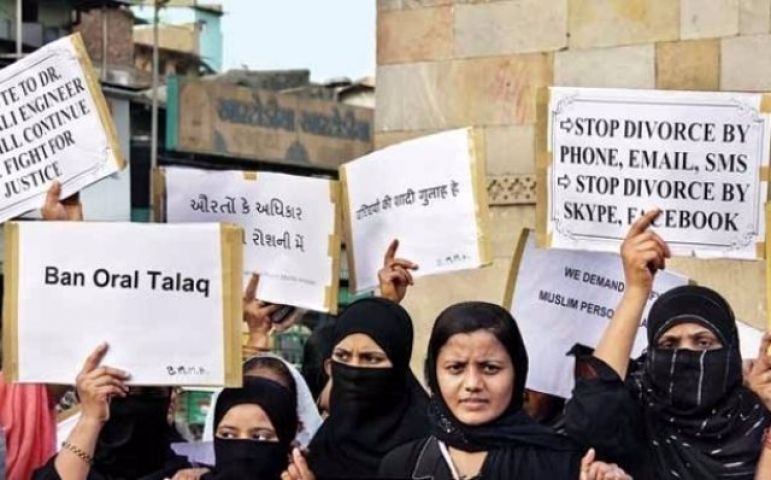
A Constitution bench of the Supreme Court comprising five judges - a Sikh, Christian, Muslim, Hindu and a Parsi - will commence on Thursday hearing petitions challenging practices such as triple talaq and polygamy followed by Muslims .
The bench is led by Chief Justice of India JS Khehar, who has decided to complete hearing the petitions during the ensuing summer vacations. He is due to retire in August.
Filed over the last two years by Muslim women affected by the practice, the petitions raise the critical issue of their rights and demand abolition of the discriminatory practices.
Talaq-ul-bidat or triple talaq is a Sharia law practice which gives men the power to end a marriage by simple uttering the word 'talaq' to their wives three times in succession.
India is home to world's third-largest Muslim population governed by the Sharia or Islamic jurisprudence under which women of this community face the threat of a sudden, oral, and out-of-court divorce.
There have been many cases that made headlines for men practising triple talaq even via instant messaging apps like WhatsApp and emails.
The BJP-led NDA government has openly come out in favour of
abolishing these "gender insensitive" practices.
abolishing these "gender insensitive" practices.
This is the first time the Centre has taken a stand on the contentious issue.
As a part of its written submissions to the court, the government has argued that since gender equality is part of the basic structure of the Constitution and is non-negotiable, Muslim women cannot be denied this right.
Any practice by which women are left socially, financially or emotionally vulnerable or subject to the whims and caprice of men-folk is incompatible with the letter and spirit of the Constitution, it said.
The All India Muslim Personal Law Board, which is one of the highest decision-making bodies for Muslims in India, defended the practice of triple talaq and opposed the petitions, saying personal laws cannot be challenged as being violative of fundamental rights given in the constitution.
Personal laws of a community cannot be re-written in the name of social reform, the board said. Triple talaq was protected by the right to religious freedom of Muslims, it further argued.
The Centre has referred to several countries, even "theocratic states", to stress that reforms were necessary under the Muslim personal law.
No Comments For This Post, Be first to write a Comment.
Most viewed from National
Most viewed from World
AIMIM News
Delhi Assembly polls: Owaisi leads Padyatra in Okhla
Feb 01, 2025
We reject this Waqf Amendment Bill: Asaduddin Owaisi
Jan 30, 2025
Latest Urdu News
Most Viewed
May 26, 2020
Which political party will win the Delhi Assembly polls to be held on Feb 5?
Latest Videos View All
Like Us
Home
About Us
Advertise With Us
All Polls
Epaper Archives
Privacy Policy
Contact Us
Download Etemaad App
© 2025 Etemaad Daily News, All Rights Reserved.

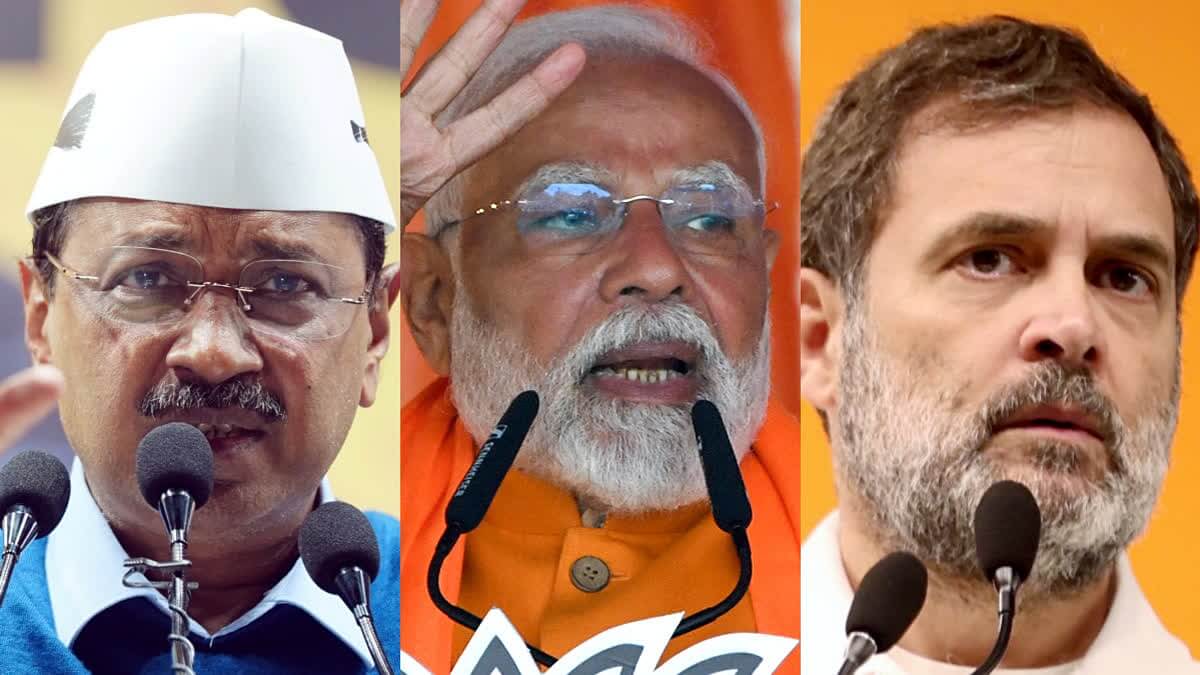
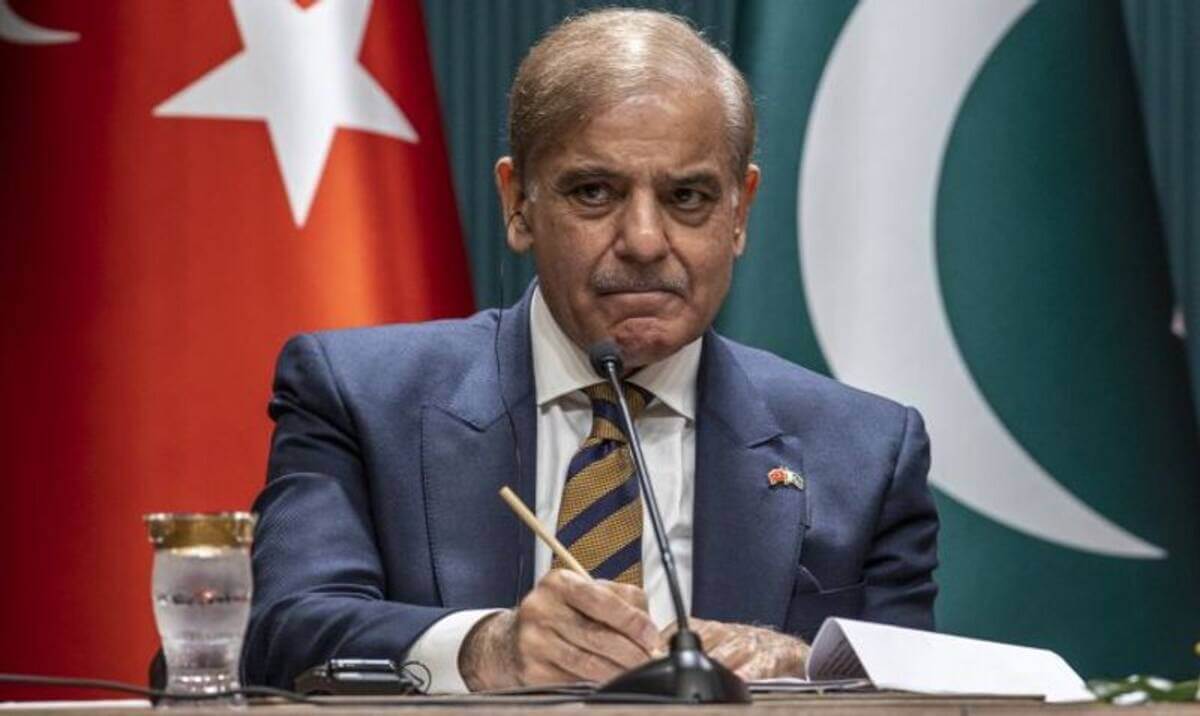
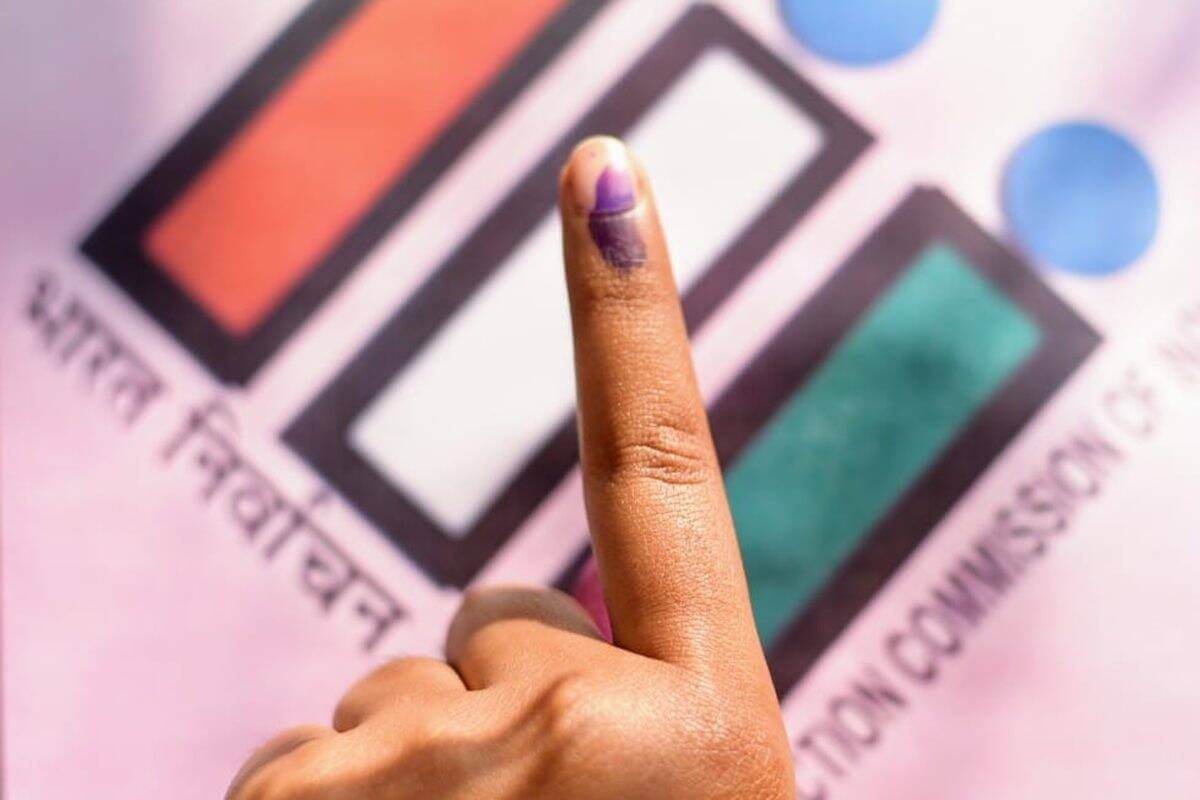
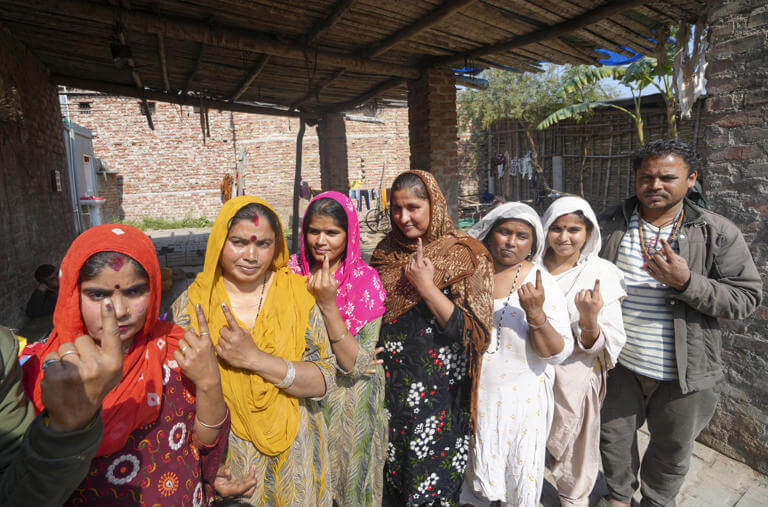
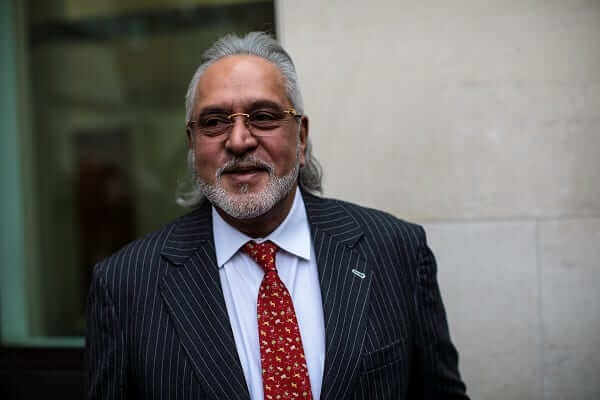

.jpg)
.jpg)
.jpg)
.jpg)
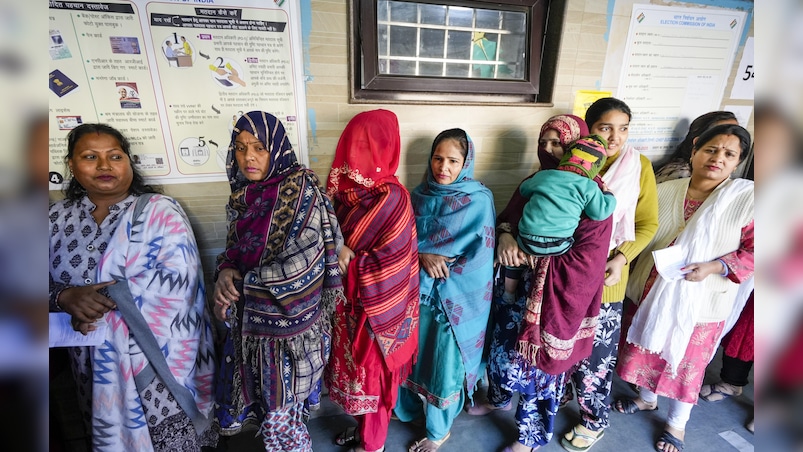
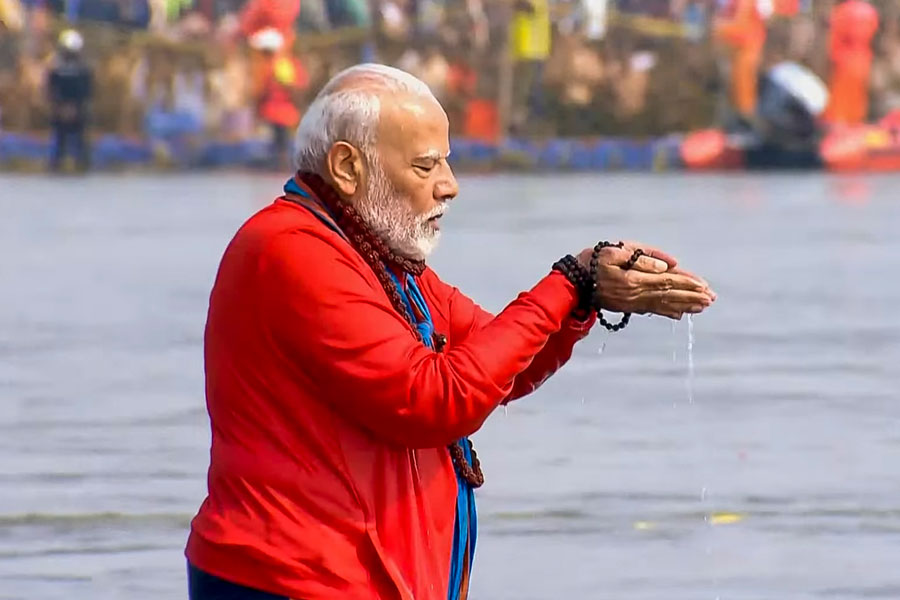
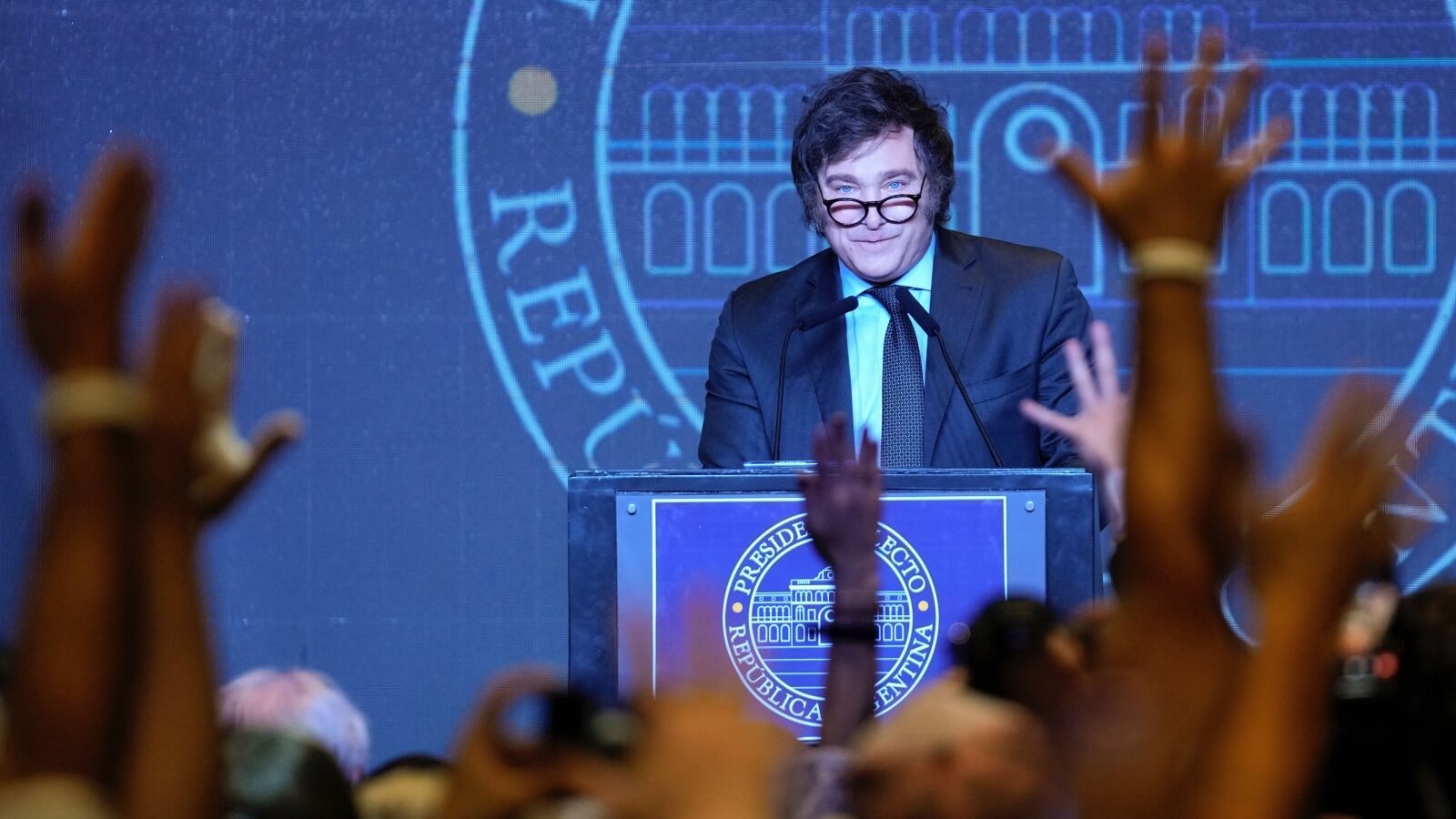
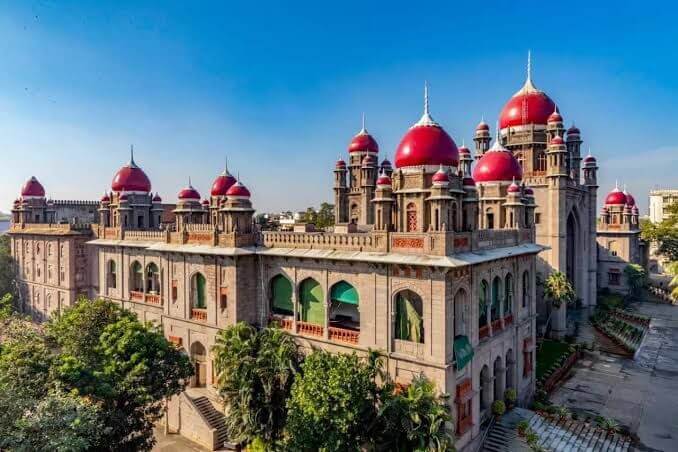
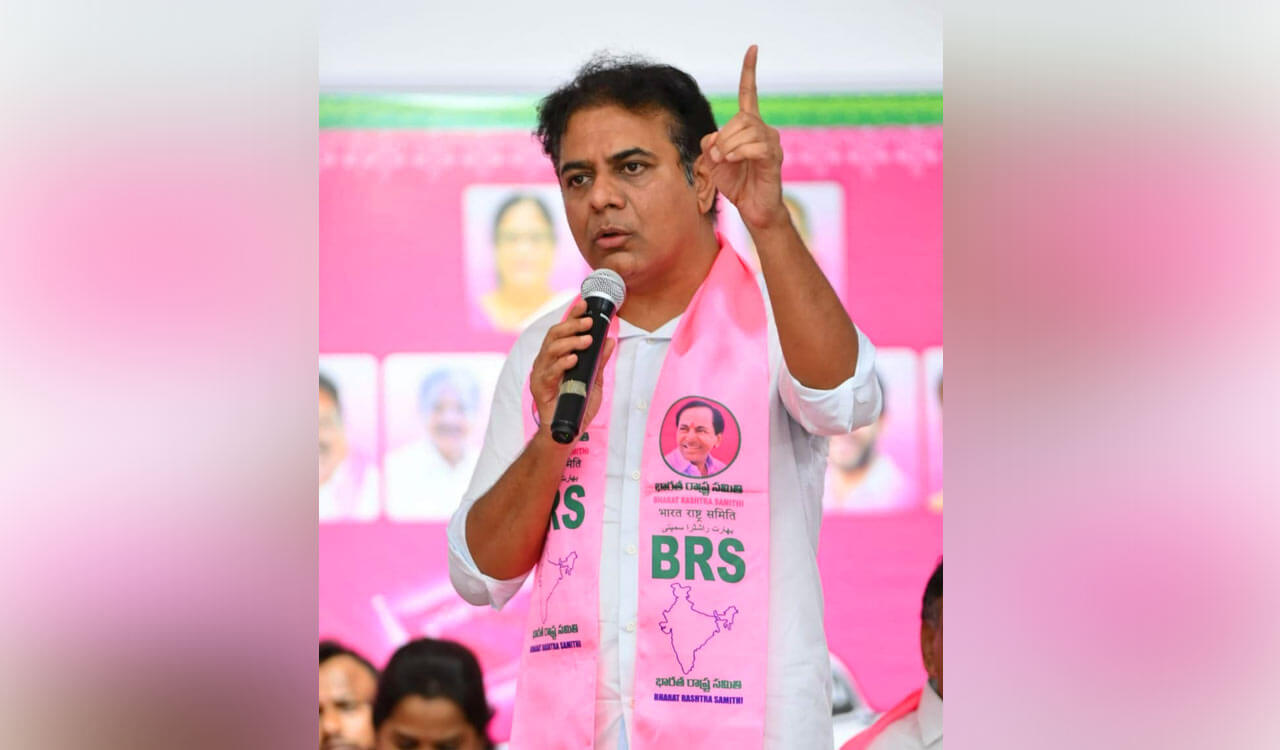
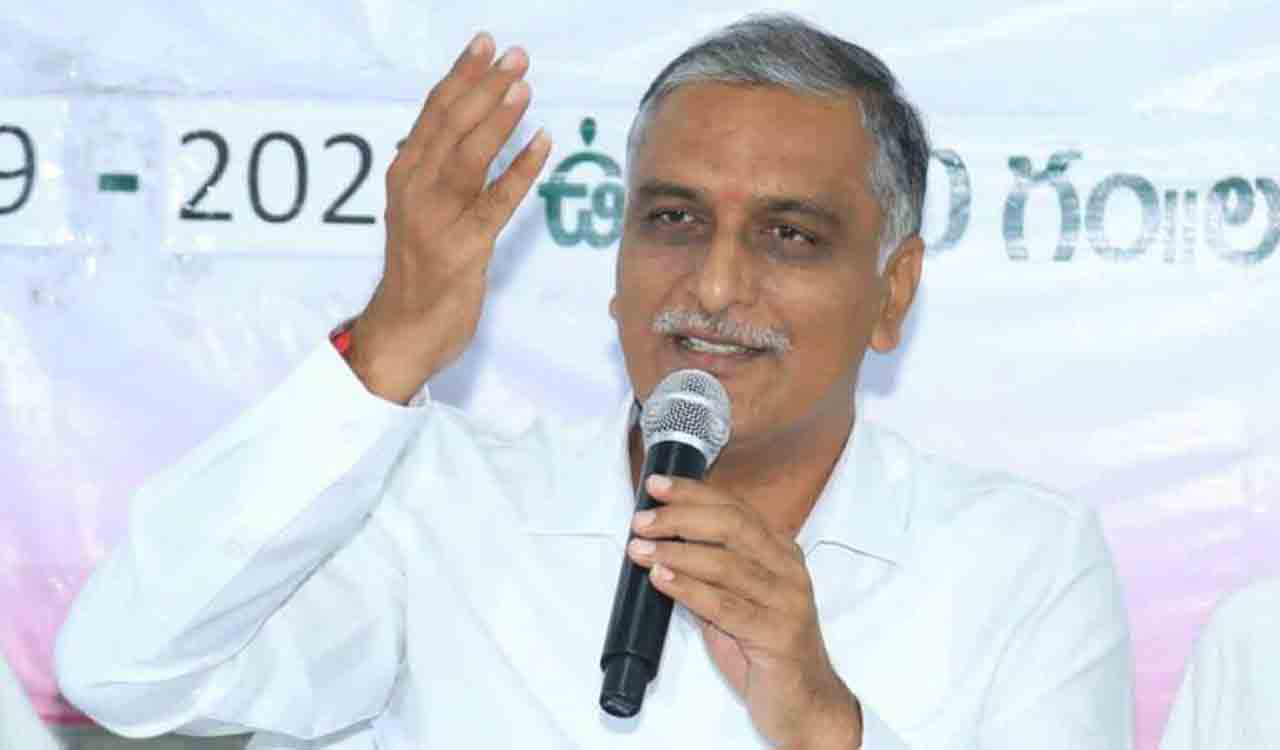
.jpg)
.jpg)
.jpg)
.jpg)
.jpg)
.jpg)
.jpg)
